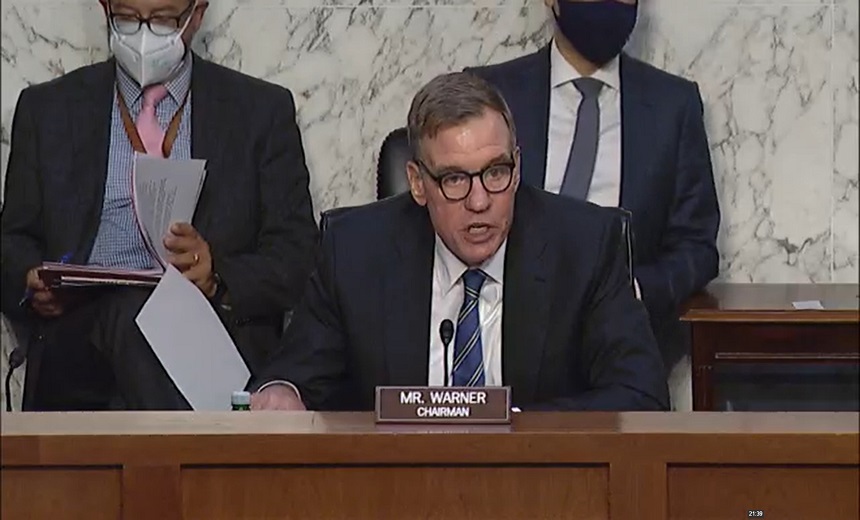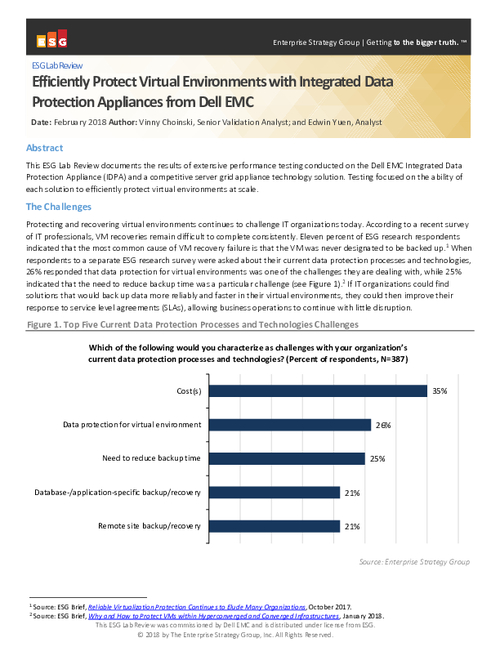Critical Infrastructure Security , Cyberwarfare / Nation-State Attacks , Endpoint Security
Chinese Cyberthreats: The Impact on National Security
Senate Hearing Reviews Cyber Activity and How to Counter It
The U.S. needs to devise ways to counter Chinese cyber activity - including the theft of intellectual property and cyberattacks on government networks and critical infrastructure - that poses a direct threat to U.S. national security, according those who testified at a Senate hearing this week.
See Also: The 2021 Cybersecurity Executive Order
The Senate Select Committee on Intelligence hearing came just weeks after the White House joined the European Union and NATO allies in attributing the recent campaign that exploited flaws in Microsoft Exchange servers to Chinese state-sponsored attackers (see: US: Chinese Government Waged Microsoft Exchange Attacks).
According to testimony at the hearing, the FBI estimates that China steals $300 billion to $600 billion worth of U.S. intellectual property each year. And the U.S. Department of Justice says 60% of all trade secret theft cases have some nexus to China (see: US Indicts 4 Chinese Nationals for Lengthy Hacking Campaign).
China is stealing IP through espionage campaigns to support its efforts to dominate technology development, such as for artificial intelligence and semiconductors, senators and those testifying said. Then, in turn, China could leverage the use of this technology worldwide for espionage.
Plus, the Chinese Communist Party is conducting "influence operations" targeting policymakers, businesses and academic institutions in hopes of sowing dissent in the U.S. and potentially hampering a response to its intelligence operations, according to lawmakers and experts testifying.
To deal with the threats posed by China, experts who testified recommended several steps, including: ramping up domestic tech manufacturing to curtail the reliance on Chinese tech, updating legislation on foreign agent tracking and creating a public-private information-sharing organization to monitor Chinese cyber and physical threats.
"To effectively defend against China, we must put the same effort into this threat as we did to combat terrorism the past 20 years," said Bill Evanina, former director of the National Counterintelligence and Security Center. "I would suggest [this China cyberthreat] is much more dangerous to our economic and military viability as a nation."
Targeting Key Technologies
The People's Republic of China and the Chinese Communist Party are "working to acquire critical U.S. technologies, intellectual property, hack into the U.S. cyber networks and conduct influence operations to shape narratives that are more favorable to the PRC," said Sen. Mark Warner, D-Va., chairman of the committee.
The Chinese Communist Party is using cyberespionage to acquire technological capabilities, he said. And by hoarding intellectual property, China hopes to "ensure their future dominance" in several key areas, including AI, aerospace, advanced manufacturing, biotech, data analytics and semiconductors, he added.
Warner said the government's recent efforts to limit the use of equipment from the Chinese firms Huawei and ZTE on U.S. 5G networks are necessary to help protect national security because the equipment could be used for spying.
Addressing China's theft of intellectual property, Sen. Marco Rubio, R-Fla., vice chairman of the committee, added, "Today, China is carrying out the biggest illegal wealth transfer from one nation to another in the history of mankind."
Evanina, formerly of the National Counterintelligence and Security Center, testified: "The holistic and comprehensive threat to the U.S. posed by the Communist Party of China is an existential threat and is the most complex, pernicious, aggressive and strategic threat our nation has ever faced. [Chinese President] Xi Jinping has one goal: to be the geopolitical military and economic leader in the world, period."
China possesses "persistent and unending" cybersecurity resources to penetrate U.S. systems and exfiltrate data or to plant malware on critical infrastructure for future use, Evanina warned.
"It's unnecessary for China to procure or buy [sensitive] data when they can come in and take it for free because of our lack of cybersecurity defenses," he testified. "We provide an open door for them to take their spear-phishing or use other vectors to get into our systems and take our DNA and genomics data."

'Far-Reaching Implications'
If the U.S. loses its "technological edge" to China, that would have "far-reaching implications," said Anna Puglisi, senior fellow at the Center for Security and Emerging Technology at Georgetown University.
In her testimony, Puglisi described Chinese efforts to create and coordinate global "talent programs" to recruit specialists for intelligence gathering or for conducting cyber offensives.
Matthew Pottinger, distinguished visiting fellow at the Hoover Institution and a former deputy national security adviser for the White House, testified: "Assembling dossiers on people has always been a feature of Leninist regimes, but Beijing's penetration of digital networks worldwide, including using 5G networks, has really taken this to a new level."
Pottinger told senators the Communist Party compiles dossiers on millions of foreign citizens using material it gathers via cyberattacks and other means and uses that information to support social engineering campaigns to influence public officials as well as consumers.
China has flooded U.S. social media platforms with overt and covert propaganda amplified by proxies and bots - all to exacerbate social tensions within the U.S., he said.
Semiconductor Dependence
Pottinger told the committee that synthetic biology, 5G networks and machine learning are all built on advanced semiconductors, and China dominates chip manufacturing.
"I believe that we need to provide subsidies to bring back a certain amount of the manufacturing of semiconductors to the U.S.," Pottinger testified.

















